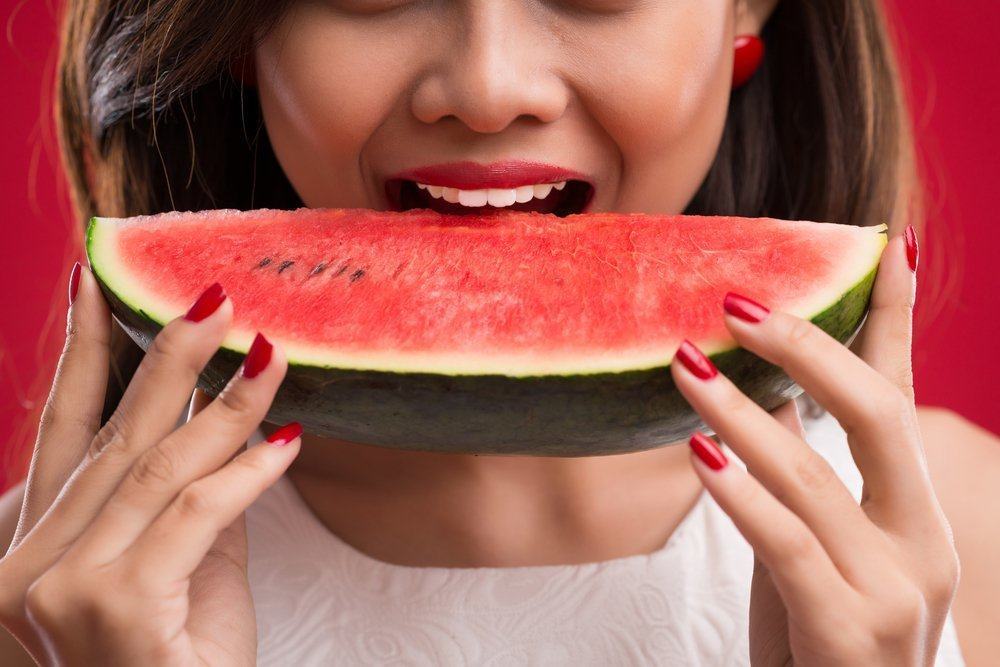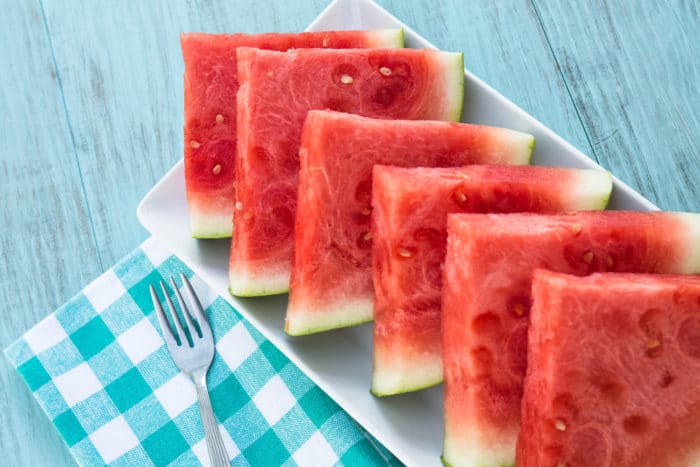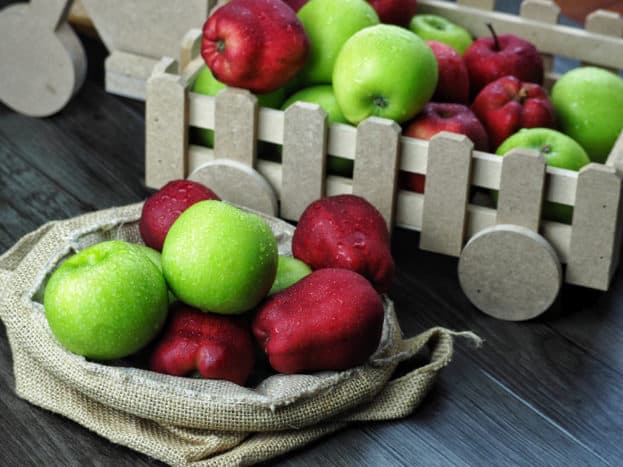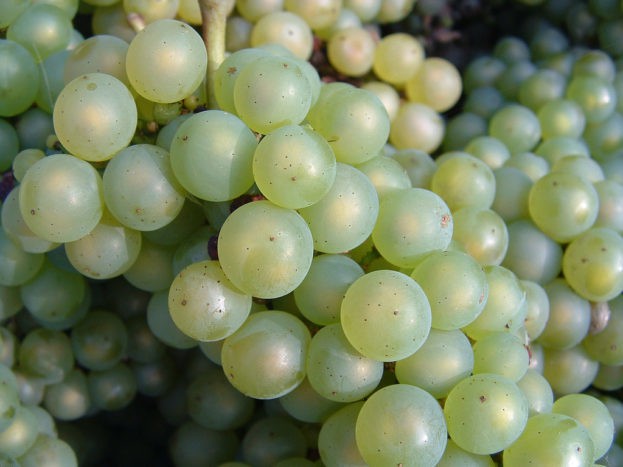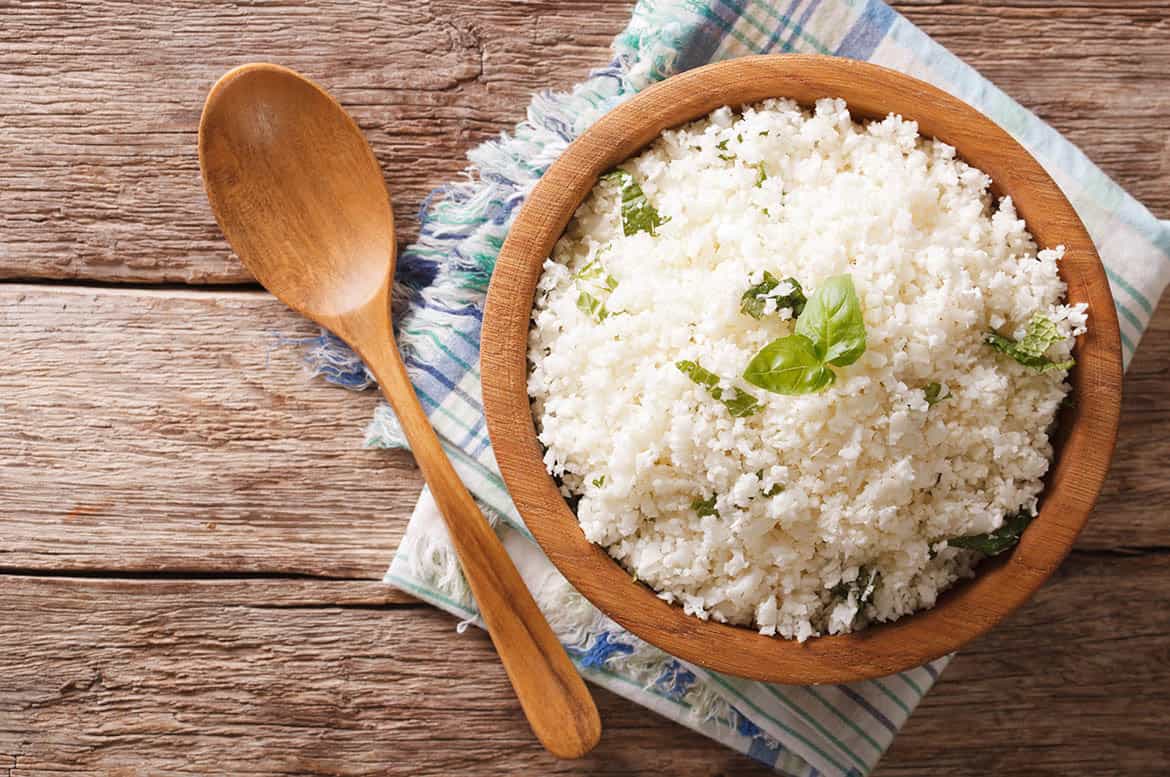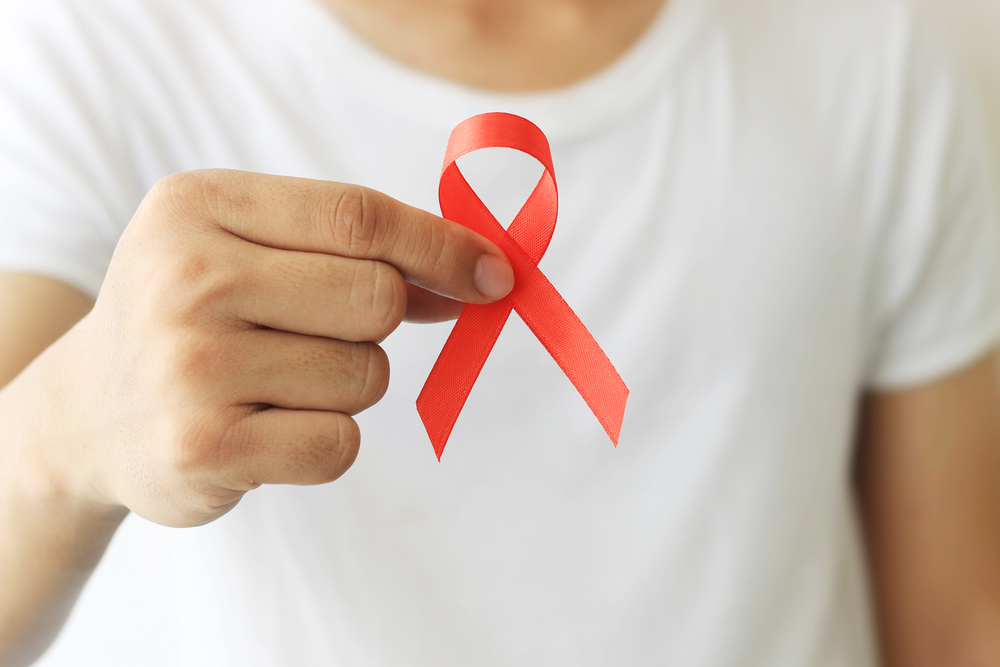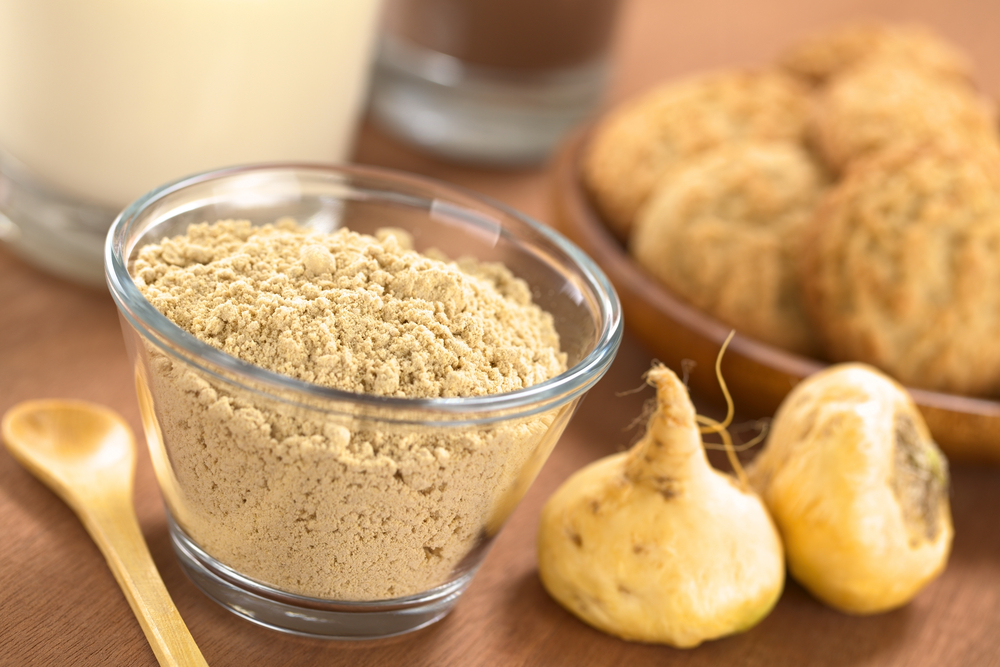Contents:
- Medical Video: Fasting Tips: 3 Best Foods to Break a Fast- Thomas DeLauer…
- 1. Watermelon
- 2. Apples
- 3. Wine
Medical Video: Fasting Tips: 3 Best Foods to Break a Fast- Thomas DeLauer…
When fasting, our body experiences several changes, including in terms of enzyme work. The enzyme that is usually produced by the digestive system will slowly decrease in number depending on how long we fast.
Layers that protect the stomach will also decrease with the length of time fasting. So, if you eat foods that tend to be irritating to the stomach, you are more likely to experience digestive problems.
Therefore when breaking the fast, the food you eat first is very important. You are advised to choose fast-breaking foods that are easily digested, and one example is fruit.
Unfortunately, most Indonesians only know dates as a fruit that is commonly consumed for breaking fast. Though besides dates, there are many other fruits that are no less rich in benefits. What fruit?
1. Watermelon
This one fruit is famous for its large water content. However, watermelons are also rich in antioxidants, vitamins and minerals. Because of its water content, this fruit is suitable for use as an appetizer when breaking the fast, because when fasting our bodies tend to be dehydrated because of reduced water intake during activity. Watermelon has a water and electrolyte content of 92% so that it can help the body regain fluid and electrolytes lost during fasting. Watermelon is also a type of fruit that is easily digested.
Aside from being a source of water and electrolytes, watermelons can also help prevent several diseases. The red color of watermelon shows that watermelons contain lots of lycopene, a compound that can play a role in preventing heart disease and prostate cancer. The choline content contained in watermelons can help prevent inflammation that can occur in the body by maintaining the structure of your cell membrane. And don't swallow, a content of antioxidants, vitamin A, and vitamin C in watermelons that can help regenerate cells in the skin and nourish hair.
2. Apples
Apples are one of the fruits known to have many benefits. When breaking the fast, an apple can help your digestive system slowly prepare its organs to receive more complex foods. Although the water content in apples is not as much as watermelon, apples have high fiber content which also plays an important role in maintaining a healthy body during fasting.
When you fast, the tendency to overeat becomes higher, especially when breaking the fast. You haven't eaten for almost 12 hours, so you feel it's okay if you eat a lot when breaking fast. This is certainly not good because it can increase the risk of obesity. By eating apples before a big meal, you can reduce your desire to overeat when breaking fast. Apart from helping the body's digestive system, fiber in apples can give you a full effect, thus preventing you from taking more food than you need.
Besides the benefits of apples for health can also be undoubted. Starting from reducing the risk of diabetes, reducing cholesterol levels in the blood, maintaining heart health, preventing cataracts, to protect the body from the harmful effects of free radicals that can cause cancer
3. Wine
This small fruit can be your alternative for breaking the fast. The fresh and sweet taste can help replace the liquid and sugar lost during fasting. Wine is also a type of fruit that is easily digested because it is high in water and contains fiber, so it is good to eat before you start the main meal when breaking the fast. This prepares your digestive system before processing more complex types of food.
Besides that wine also has many other health benefits. With its water and fiber content, wine can help overcome constipation. Potassium in grapes plays a role in preventing increased blood pressure. A cohort study conducted in 2013 stated that consumption of wine can reduce the risk of developing type 2 diabetes in adults. Wine can also help reduce allergic severity such as runny nose, red eyes, and sneezing. Antioxidants in grapes known as polyphenols can also reduce and even prevent the risk of lung cancer, pancreatic cancer, prostate cancer, and colon cancer.

